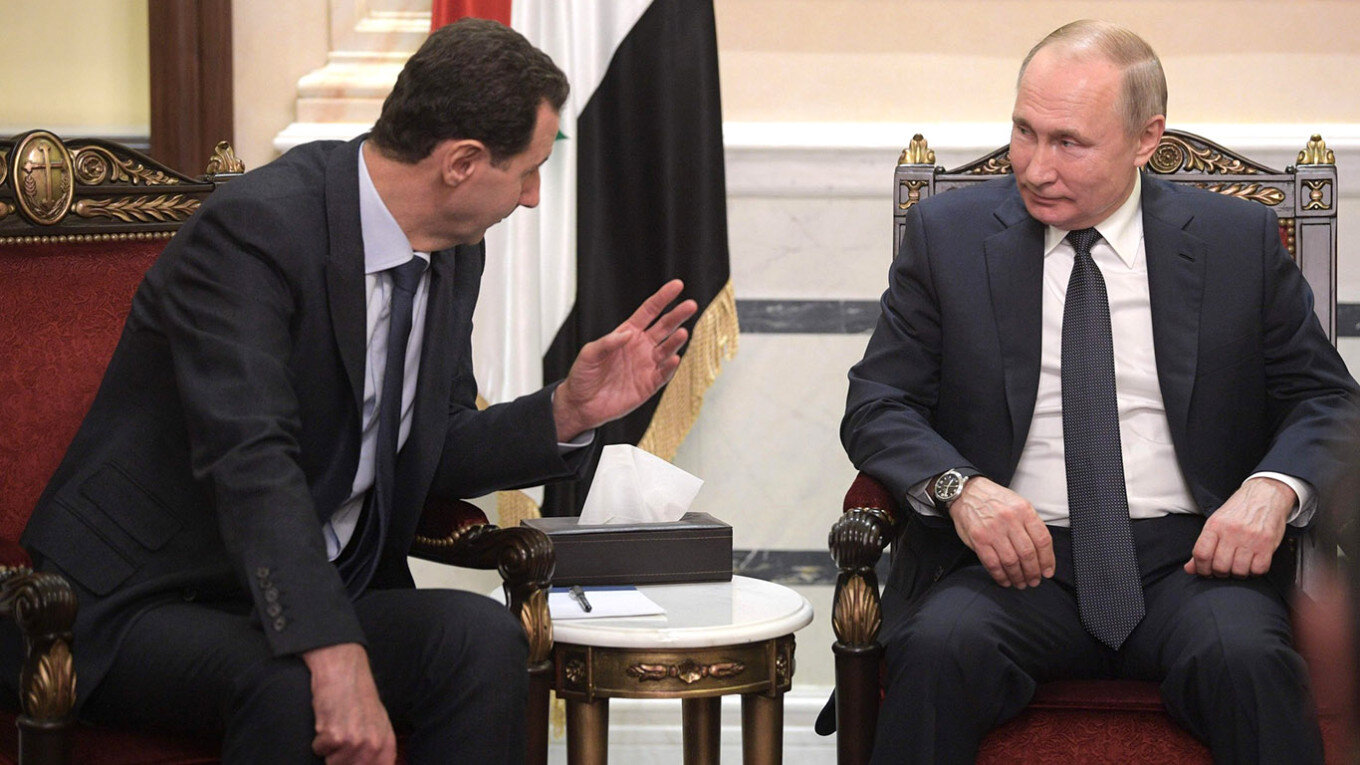By Tesfa-Alem Tekle
(ADDIS ABABA) – Ethiopia and Sudan have agreed not to receive rebel figures or host each other’s rebel forces in their territory, the Sudanese Media Center (SMC) reported last week.
The agreement was reached following the 14th joint Border Development Commission Meeting held last week in Amhara region’s Bahardar town.
Sennar state Governor, Ahmad Abbas said the agreement is aimed to secure border security of the two countries and cripple any attempt of military activities of rebel groups in both sides.
Abbas, hailed Ethiopia’s stand toward Sudanese rebels following to the ongoing fighting in Blue Nile state.
Sudanese army since last September fights the Sudan People’s Liberation Movement –North (SPLM-N) in the Blue Nile, on 4 November it captured the rebel stronghold of Kurmuk on the border with Ethiopia and repulsed the rebels south forward.
Khartoum in the past years stopped Eritrea based rebel groups from Oromo from crossing through the Sudanese border to Ethiopia. Also many Ethiopian activist were arrested in eastern Sudan and the Sudanese capital.
Addis Ababa, according to different sources was keen to not irritate Khartoum or allow any rebel presence insides its territory. Sources within the SPLM-N in the Blue Nile said last September that Ethiopian troops prevented any presence of their fighters in Ethiopia and they were quickly forced to leave.
The Ethiopia Sudan annual joint meeting deliberated on matters of security, education, trade, health, control of illegal border trade and also on ways of preventing communicable diseases and deforestation, among others.
The two sides signed a Memorandum of Understanding (MoU) to further scale-up joint cooperation along their shared border.
After evaluating the performance on implementation of past agreements, the Commission said joint activities along the border taken by both sides have brought remarkable outcomes mainly in securing peace and security and in further benefiting the peoples of the two countries by creating economic and cultural ties .
Source: ST















